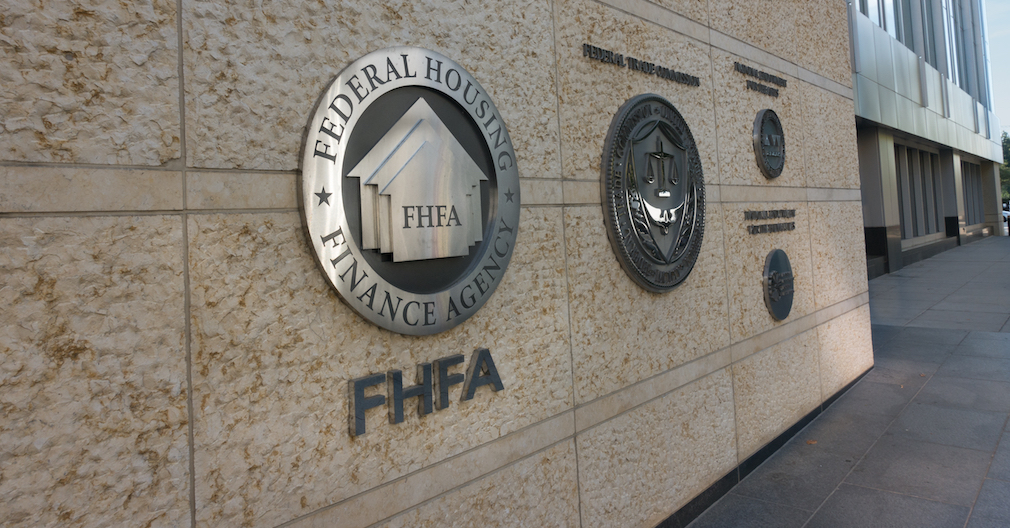The watchdog for Fannie Mae and Freddie Mac has been interviewing advisory firms to handle the public offerings of their shares and is likely to announce a name within the next few weeks, according to Jaret Seiberg, managing director of Cowen Washington Research Group.
“Our expectation is that FHFA in the coming few weeks will announce its financial adviser,” Seiberg said in a note to investors obtained by HousingWire. “We believe the agency in February will publish the proposed capital rules. We expect the enterprises to hire financial advisers this spring.”
Naming the investment bank to start the underwriting process for the companies known as government-sponsored enterprises is the first major step in releasing them from conservatorship. Fannie Mae and Freddie Mac, the nation’s largest mortgage financiers, were seized by regulators in 2008, in the midst of the financial crisis.
For the record, while the process of selling shares to the public is referring to as an “initial public offering,” or IPO, it would be a second go-round for both companies. Fannie Mae began trading on the New York Stock Exchange in 1968, and Freddie Mac began trading on the same exchange in 1989.
The “offering” would be the 80% of Fannie Mae and Freddie Mac held by the federal government since 2008.
Prior to the government takeover in 2008, shares of the Fannie Mae and Freddie Mac traded above $68. After regulators seized them, they were kicked off the NYSE and their share prices tumbled to around 50 cents by the end of 2008. Today, they trade at around $3.
“Next step, in our view, is for FHFA to issue consent orders that will automatically remove each enterprise from conservatorship once they hit the minimum capital level that the capital rule requires,” Seiberg said. “The consent order, however, will maintain FHFA’s control over the enterprises until they are well-capitalized.”
The process of releasing the companies from conservatorship won’t be stopped by the election of a new president if the FHFA has consent orders in place, Seiberg said.
“There will be an election between the issuance of the consent orders and the enterprises becoming well-capitalized,” Seiberg said. “To us, it will be difficult for Democrats to stop this process even if they win in November. And if President Trump gets re-elected, then there should be no real risk of a disruption.”






